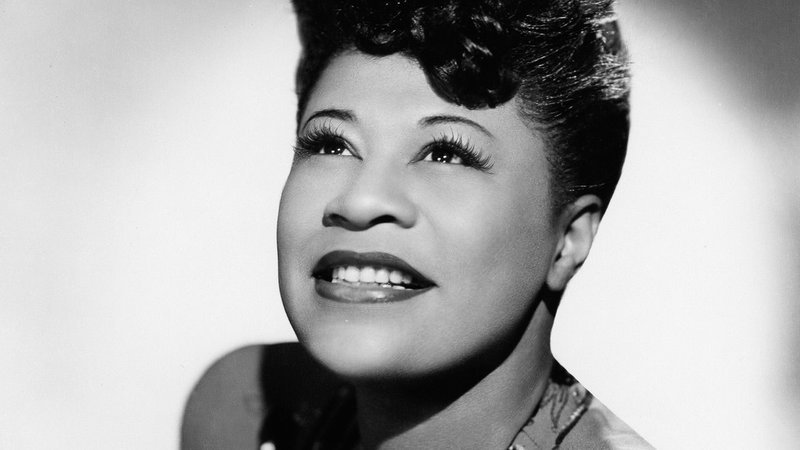Today, propaganda permeates our society and culture. The increasing power of the Internet and, especially, social media, have made it easier for propaganda to spread virally, combining with advocacy messaging to create fake news and what has been called the “post-truth society.” Beginning with a study of the early theorists of mass psychology –LeBon, Tarde and Freud –
the course will examine the work of Edward Bernays and his groundbreaking Propaganda (1922), the first serious analysis of the power of mass-media messaging. The course will explore how Bernays’s ideas were adopted by the Nazis in transforming German society and how propaganda was used in the Soviet Union and the Eastern Bloc following World War II. Finally, utilizing Propaganda and Persuasion (7th edition) by Garth S. Jowett and Victoria O’Donnell, the course will study propaganda as it developed from ancient times through the present day, including examples from the Internet and social media. The object of the course is to increase students’ knowledge of one of the most influential forces at work today, allowing them to recognize instances of propaganda and persuasion they encounter through various media.

